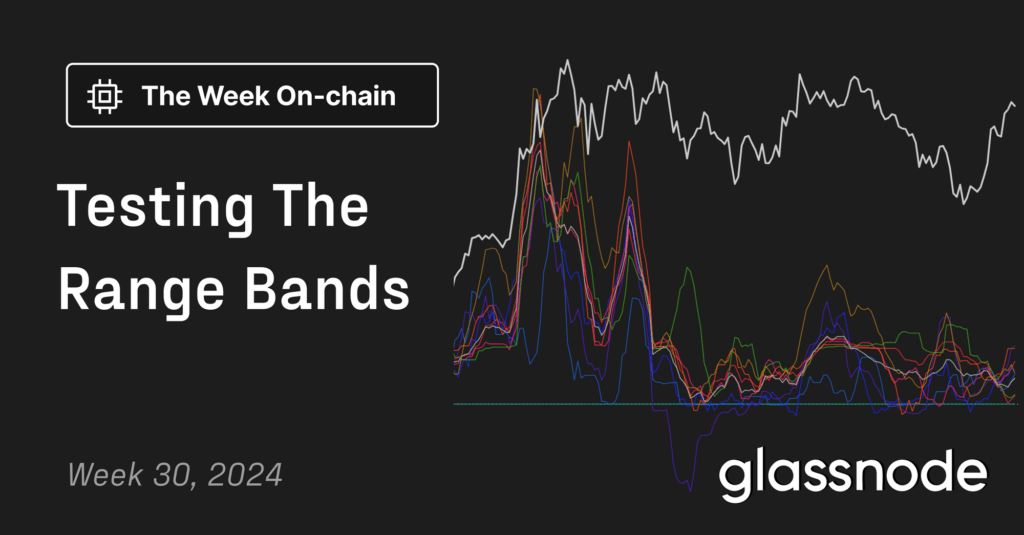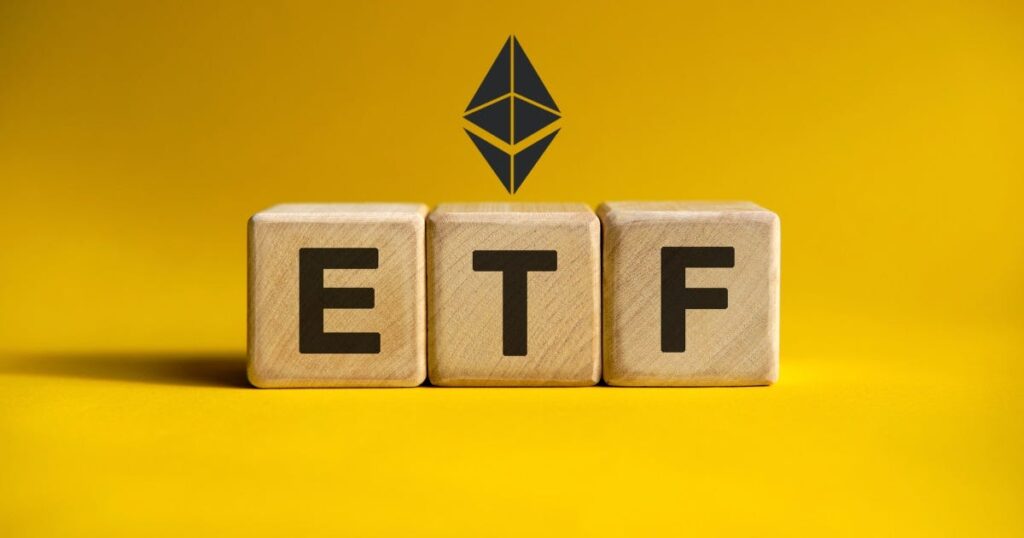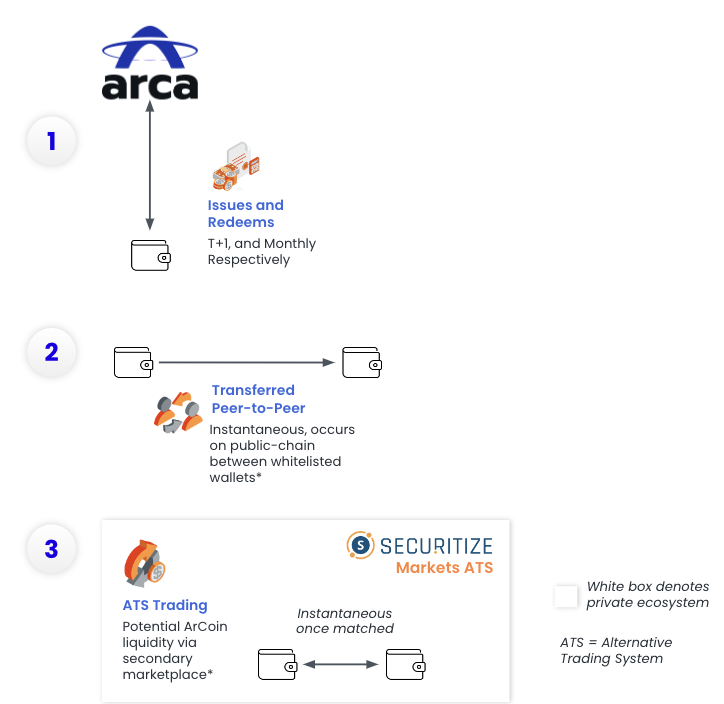Research Summary
The report covers a range of topics including the upcoming Ethereum Dencun upgrade, the introduction of a new token standard ERC-404, the surpassing of Grayscale GBTC’s liquidity by BlackRock and Fidelity’s Bitcoin ETFs, potential SEC regulations on crypto and DeFi traders, and the increasing use of cryptocurrencies by criminals. It also discusses Hong Kong’s legislative consultation on cryptocurrency OTC trading and updates from Binance and OKX.
Key Takeaways
Ethereum’s Dencun Upgrade
- Delayed Launch: The Ethereum developers are planning to conduct the Dencun upgrade on the mainnet at block height 8626176, scheduled for March 13th. The upgrade, known for its “proto-danksharding” feature, is aimed at reducing transaction costs on Layer 2 networks built on Ethereum. However, due to technical delays, the upgrade has been postponed to early 2024.
New Token Standard ERC-404
- Hybrid Implementation: ERC-404, a hybrid implementation between ERC-20 and ERC-721, was released on GitHub by Acme, a former engineer at Coinbase. In ERC-404, NFTs are not permanently minted but rather burned and minted repeatedly as needed based on transactions. Tokens based on ERC-404, led by the Pandora project, gained significant popularity this week.
BlackRock and Fidelity’s Bitcoin ETFs
- Surpassing GBTC’s Liquidity: BlackRock and Fidelity’s spot Bitcoin ETFs have surpassed Grayscale’s GBTC in terms of liquidity. Market breadth indicators suggest that the market breadth of these two ETFs is four times that of GBTC. Analysts warn that if GBTC fees are not reduced, it could lead to funds flowing into other ETFs, especially BlackRock and Fidelity’s Bitcoin ETFs.
SEC’s Potential Regulations on Crypto and DeFi Traders
- Compliance with Federal Securities Laws: The SEC is requiring market participants with significant liquidity-providing roles to comply with federal securities laws, which now include cryptocurrencies. These rules will also impact DeFi. The U.S. House Financial Services Republican Committee expressed concerns that the SEC’s final rule expanding the definition of “traders” is overly broad and could potentially harm market vibrancy, particularly within the digital asset ecosystem.
Increasing Use of Cryptocurrencies by Criminals
- Concerns Raised by the U.S. Treasury: The U.S. Department of the Treasury highlighted in three national risk assessment reports that criminals, fraudsters, and illicit actors are increasingly turning to the use of virtual assets. The Treasury detailed how wrongdoers utilize both cash and a growing array of cryptocurrencies for fraudulent activities, drug trafficking, human trafficking, and money laundering associated with corruption.
Actionable Insights
- Monitor the Ethereum Dencun Upgrade: Stakeholders should keep an eye on the Ethereum Dencun upgrade, as it could significantly impact transaction costs on Layer 2 networks built on Ethereum.
- Understand the Implications of ERC-404: The introduction of ERC-404, a new token standard, could have significant implications for the NFT market. Stakeholders should familiarize themselves with this new standard and its potential impact.
- Consider the Impact of SEC Regulations: The potential SEC regulations on crypto and DeFi traders could have significant implications for the market. Stakeholders should stay informed about these potential regulations and their potential impact.
- Assess the Risks Associated with Cryptocurrencies: The increasing use of cryptocurrencies by criminals highlights the risks associated with these assets. Stakeholders should assess these risks and consider appropriate mitigation strategies.













